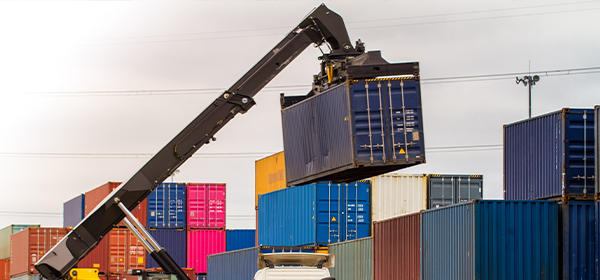In recent years, the logistics industry has faced growing pressure to reduce its environmental impact while maintaining operational efficiency. As global supply chains continue to expand, the need for sustainable logistics solutions has never been more critical. Moving goods efficiently and responsibly is now a priority, with businesses across the globe adopting greener practices that promote environmental conservation without compromising performance. This shift toward sustainability is transforming how logistics companies operate, with innovative solutions emerging to meet the challenges of a more sustainable future.
One of the key areas of focus in sustainable logistics is the reduction of carbon emissions. The transportation sector, particularly road freight, has long been a major contributor to greenhouse gas emissions. As awareness of climate change intensifies, the adoption of electric vehicles EVs and alternative fuels such as hydrogen and biofuels has gained momentum. Companies are increasingly investing in electric trucks and vans to transport goods, significantly lowering their carbon footprint. For longer-distance travel, hybrid and hydrogen-powered vehicles are becoming viable alternatives to traditional diesel-powered trucks, providing cleaner energy options without sacrificing performance.

In addition to cleaner vehicles, logistics companies are exploring more energy-efficient routes and delivery methods. The optimization of haulage company Birmingham delivery routes using advanced analytics and real-time data helps reduce fuel consumption and minimize travel times. By leveraging artificial intelligence AI and machine learning, businesses can calculate the most efficient paths for delivery, reducing the total distance traveled and the fuel used in the process. These technologies also enable dynamic route planning, where patterns, weather, and other variables traffic can be factored in to further optimize logistics operations. Packaging is another area where sustainability plays a critical role in reducing the environmental impact of logistics. The use of eco-friendly materials such as recycled cardboard, biodegradable plastics, and reusable containers is gaining popularity.
Packaging innovations not only help reduce waste but also lower transportation costs by reducing the weight and size of packages. Furthermore, reverse logistics where goods are returned to be reused, recycled, or repurposed is gaining traction as part of a circular economy model. Finally, the integration of green supply chain management GSCM practices into business operations is becoming increasingly common. GSCM involves the adoption of sustainable practices at every step of the supply chain, from sourcing raw materials to end-of-life disposal of products. By working with suppliers and partners who share a commitment to sustainability, businesses can reduce their overall environmental impact and contribute to a more sustainable future for the logistics industry. As the world continues to prioritize sustainability, greener logistics solutions will remain at the forefront of industry innovation, paving the way for a more environmentally responsible and economically viable future
